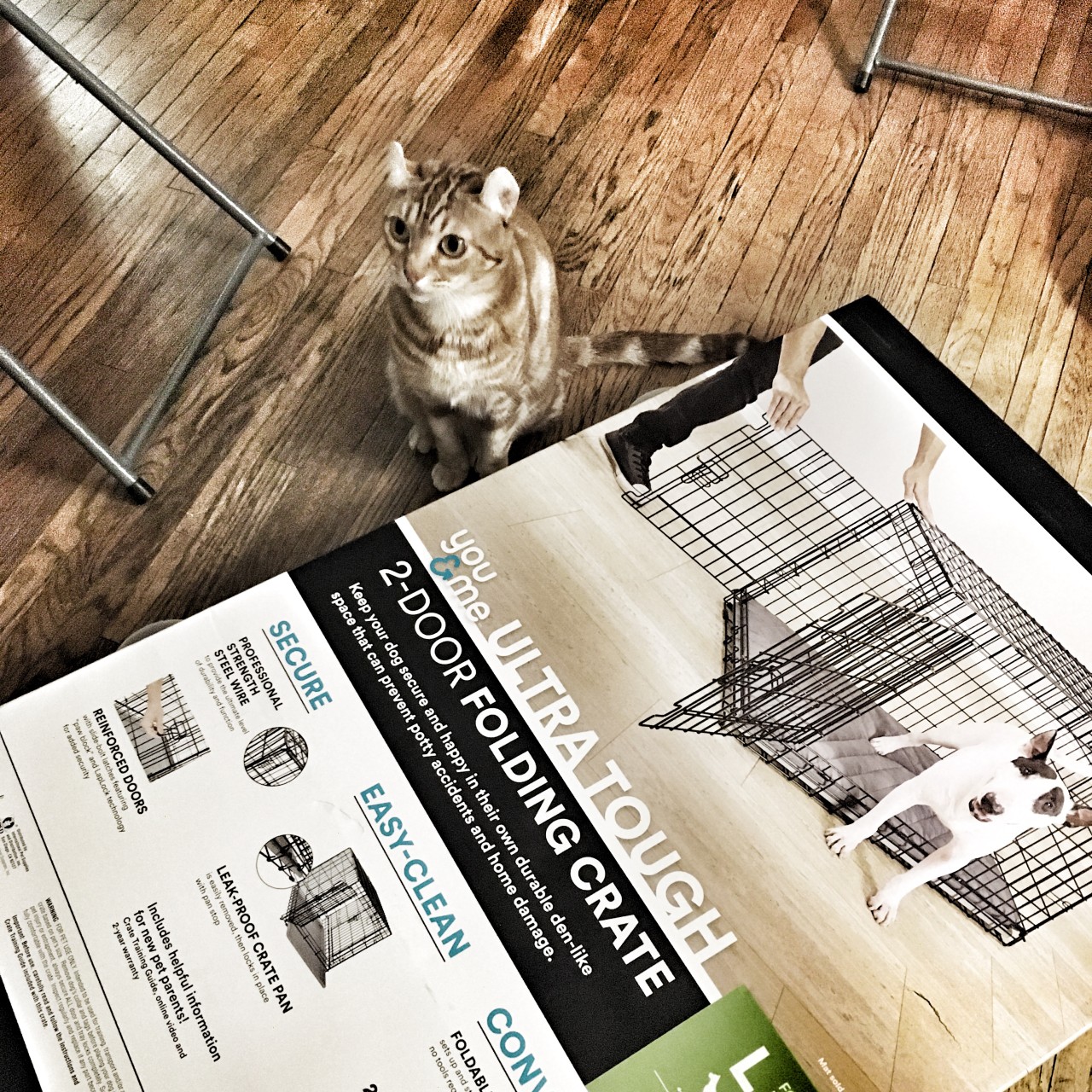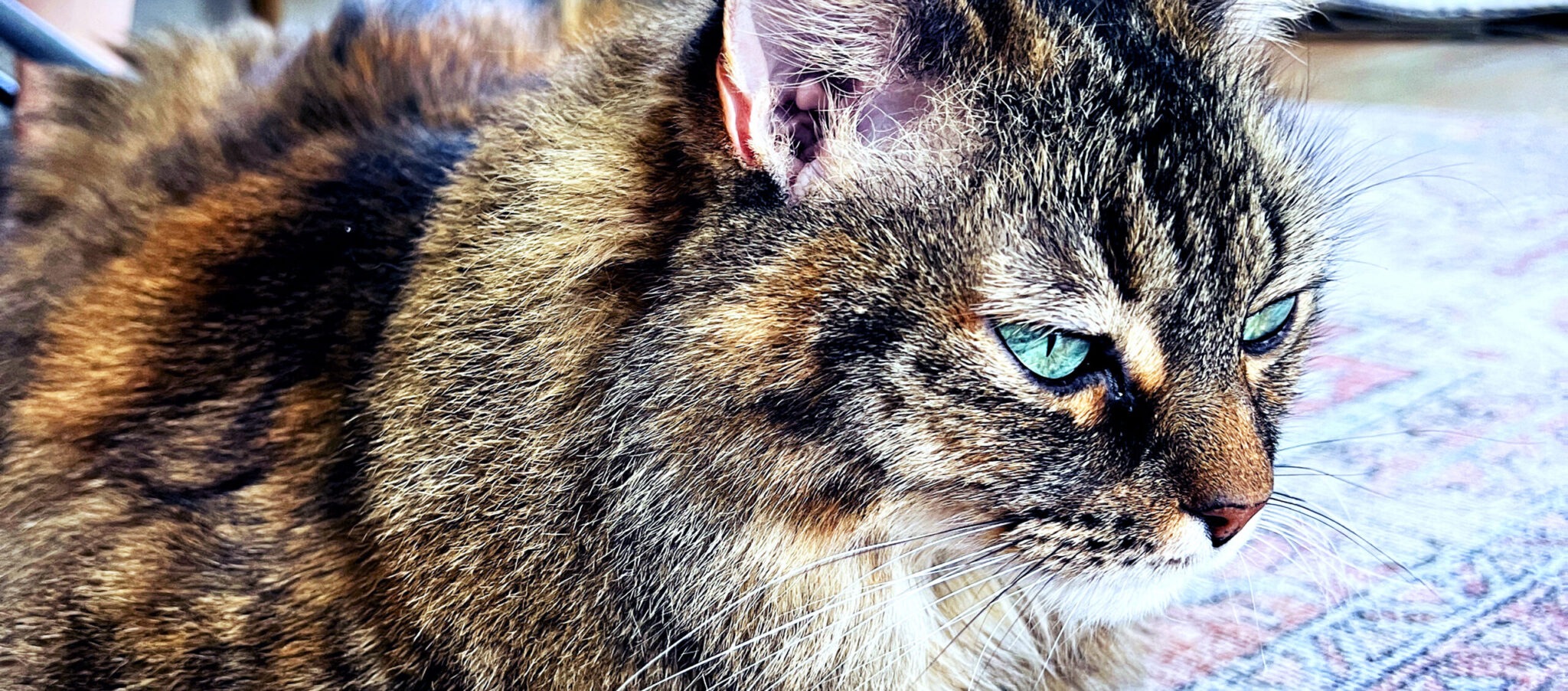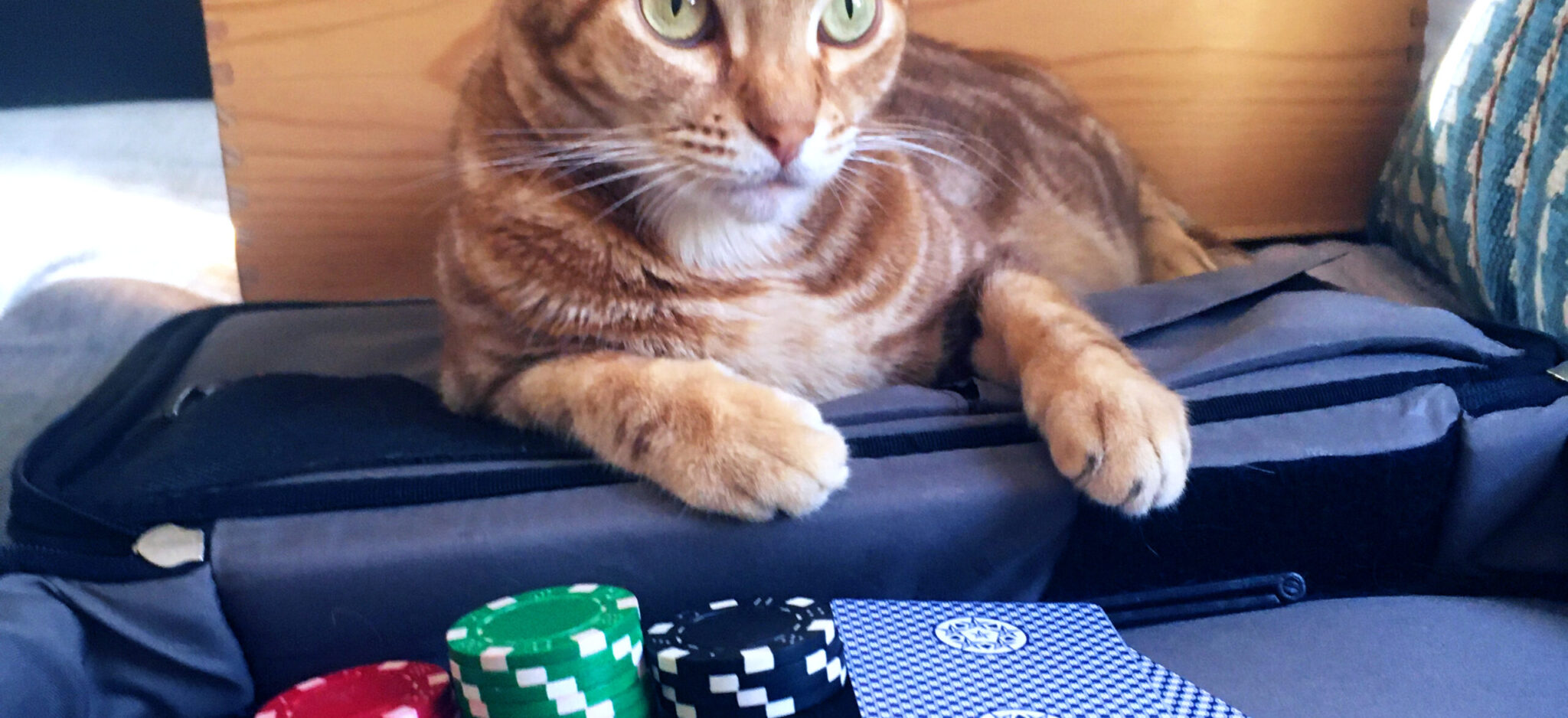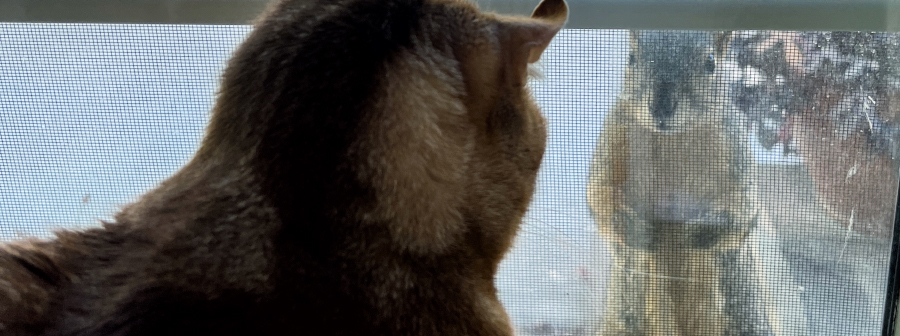 Just days after she signed the crime bill into law, Governor Leia held a groundbreaking ceremony to officially announce a coinciding — and controversial — development. It would be the state’s largest, maximum security canine prison, a project that promised to get every lawbreaking hound, mutt and pooch off the streets.
Just days after she signed the crime bill into law, Governor Leia held a groundbreaking ceremony to officially announce a coinciding — and controversial — development. It would be the state’s largest, maximum security canine prison, a project that promised to get every lawbreaking hound, mutt and pooch off the streets.
“For too long we’ve turned a blind eye to midnight barking, non-stop slobbering and unwanted butt sniffing,” she declared before a crowd of felines, each one displaying an absurd combination of attention and indifference. “These animals bring fleas into our communities! They bring ticks!
“They bring WORMS!”
Now the crowd was into it. Their ears perked and their tails arose as the governor continued her spiel.
“Incessant yapping, nipping and howling will be a thing of the past! No longer will we have to hear the humans spit out sickening drivel like ‘who’s a good boy?’ and ‘want some yum yum?’ We will eradicate all begging, biting and ‘unburied business!’”
That last promise sent the crowd into a frenzy. The attendees were now fully involved.
“LOCK THEM UP! LOCK THEM UP!” they chanted in unison, not fully appreciating the consequences of their cries.
“DO IT MEOW!”
And so began one of the darkest eras in the state’s already troubled history. Every poodle, schnauzer and dachshund was rounded up and sent to what were euphemistically known as “Cujo Camps.” There was no established pattern for their arrests. Simply being a dog was considered a crime. It would be several years before the citizenry would reflect on these inhumane practices and work to correct them. Eventually, so-called “pup pounds” were shut down, and canine decriminalization, at long last, went into effect.
Ironically, Governor Leia would serve time in the very same prison she so proudly built. Prosecutors determined that, using her own urine, she would routinely accuse unsuspecting dogs of peeing on the floor.
Even among a cruel and notorious tenure, “Piddlegate” would be her defining legacy.




Leave A Comment